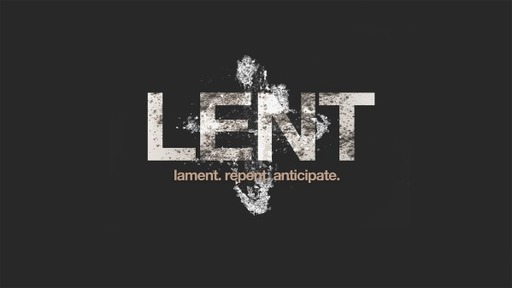No Place to Hide

Understanding
Acquaintance (v. 1- 3)
The Hebrew verbs can be interpreted as timeless truth: “You search me and you know me.” God’s attributes are not restricted to time.
The poet multiplies expressions to indicate how complete is God’s knowledge of him. Whether he be at rest or in motion, in every posture and state, God knows him. Not only his outward acts, but the thoughts from which they spring are at once discerned.
Attendance (v. 4-6)
Wherever we are we are under the eye and hand of God. Perhaps it is an allusion to the physician’s laying his hand upon his patient to feel how his pulse beats or what temper he is in. God knows us as we know not only what we see, but what we feel and have our hands upon.
God’s omnipresence guarantees protection. The first line is literally “Back and front, you enclosed me.” Your hand on me denotes absolute control over the psalmist, who was subject to the Lord’s loving care and discipline.
We cannot by searching find out how God searches and finds out us; nor do we know how we are known.
Artificial (v. 7-12)
God is everywhere; not only above all as transcendent, but also through all and in all as immanent in nature. This thought is expanded and enforced by its application to all measures of space.
Yahweh’s authority extends beyond the cosmos, and his sovereignty recognizes no limits. Every human is under the power, protection, and authority of God.